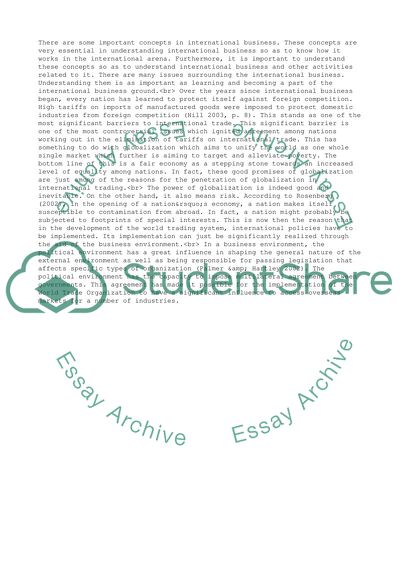Cite this document
(“The World Trade Organization Case Study Example | Topics and Well Written Essays - 2500 words”, n.d.)
Retrieved from https://studentshare.org/business/1527735-the-world-trade-organization
Retrieved from https://studentshare.org/business/1527735-the-world-trade-organization
(The World Trade Organization Case Study Example | Topics and Well Written Essays - 2500 Words)
https://studentshare.org/business/1527735-the-world-trade-organization.
https://studentshare.org/business/1527735-the-world-trade-organization.
“The World Trade Organization Case Study Example | Topics and Well Written Essays - 2500 Words”, n.d. https://studentshare.org/business/1527735-the-world-trade-organization.


